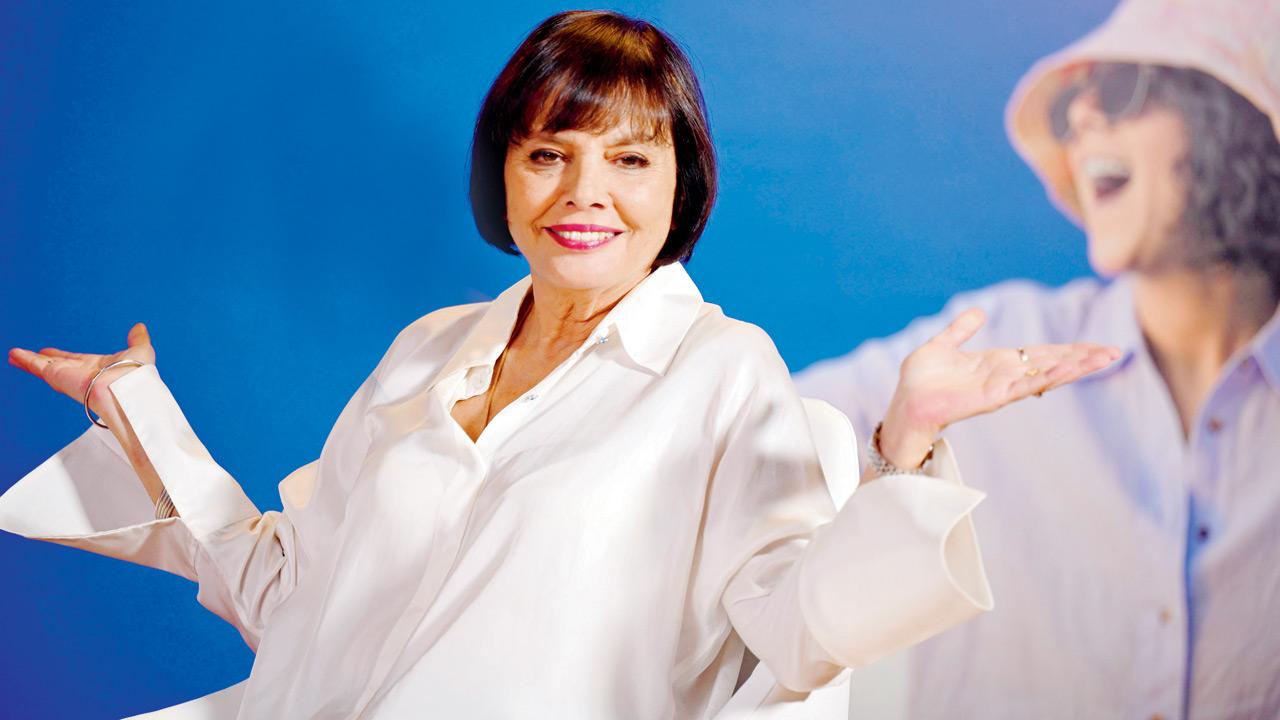

10 on 10: Musings on memorable mentors
Updated on: 14 September,2025 12:18 PM IST | Mumbai
Meher Marfatia
Ten city personalities pick a hero each and explain the deep influence on them
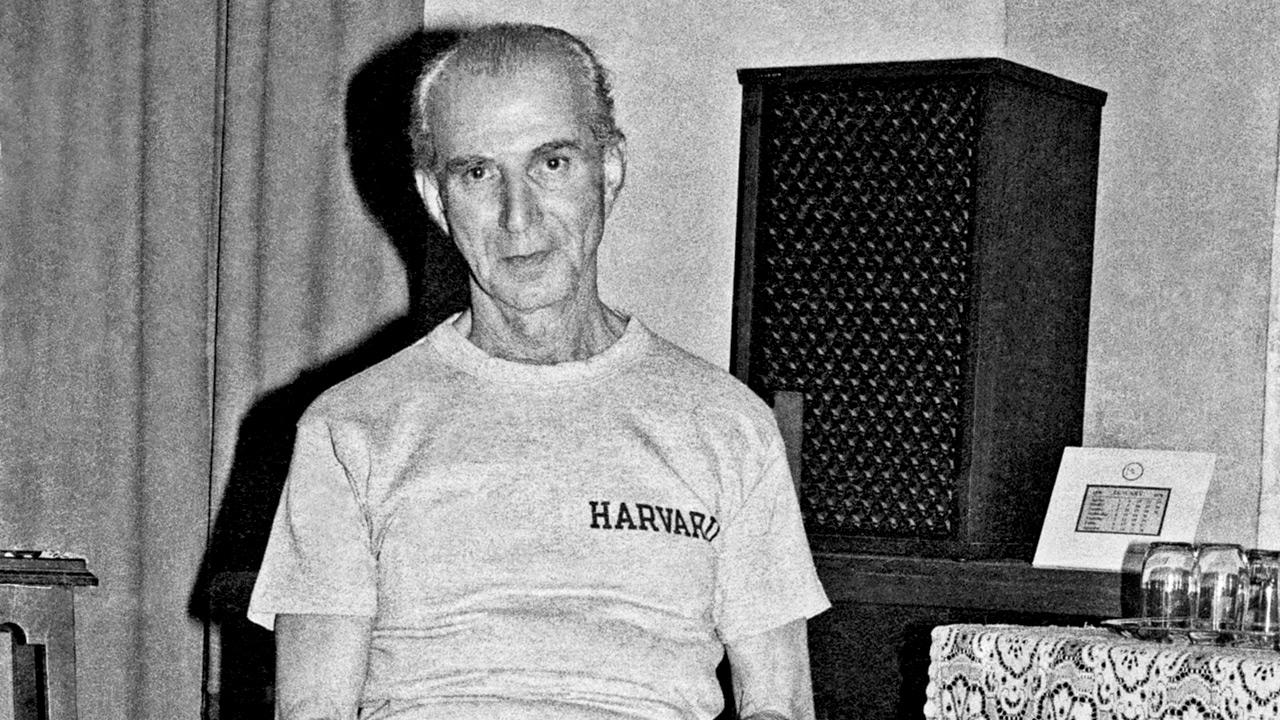
Maneck Taraporevala, the year he passed, in the T-shirt Sooni got him from her college. Pic/Sooni Taraporevala
 Sometimes you don’t recognise a mentor right by your side every day, says one. Another has never met his mentor, but is proud to craft work using his mentor’s tools. Yet another feels his guiding presence around her as she writes. They all agree with feminist writer CS Lakshmi: “A mentor isn’t necessarily someone who moulds you, rather a person who trusts whatever you do.” Meet the original influencers.
Sometimes you don’t recognise a mentor right by your side every day, says one. Another has never met his mentor, but is proud to craft work using his mentor’s tools. Yet another feels his guiding presence around her as she writes. They all agree with feminist writer CS Lakshmi: “A mentor isn’t necessarily someone who moulds you, rather a person who trusts whatever you do.” Meet the original influencers.
‘He taught me about the world’
Sooni Taraporevala, Screenwriter, filmmaker & photographer

Sooni Taraporevala
Maneck Kaka was my grandfather’s younger unmarried brother. Extremely well read thanks to his brothers’ libraries, he lived a spartan life with their unmarried sister in a flat by the Grant Road railway tracks. Since I was a baby, he’d walk from his house to ours at Gowalia Tank. He came at 5pm and left at 8pm. You could set your clock by his arrivals and departures. When I was little, a perennial game used to be me trying to make him stay past 8.
After tea with my grandparents, we’d all sit out on our balcony, and he and I would discuss literature, history, politics. He taught me about the world. We’d joke, tease each other, he knew me inside out. He passed in 1982, leaving me devastated. Since then, I’ve written all my scripts in his room to the sounds of the passing trains. His spirit hovers over me. Sometimes we even talk.
‘He never saw my success’
Ehsaan Noorani, Composer & guitarist
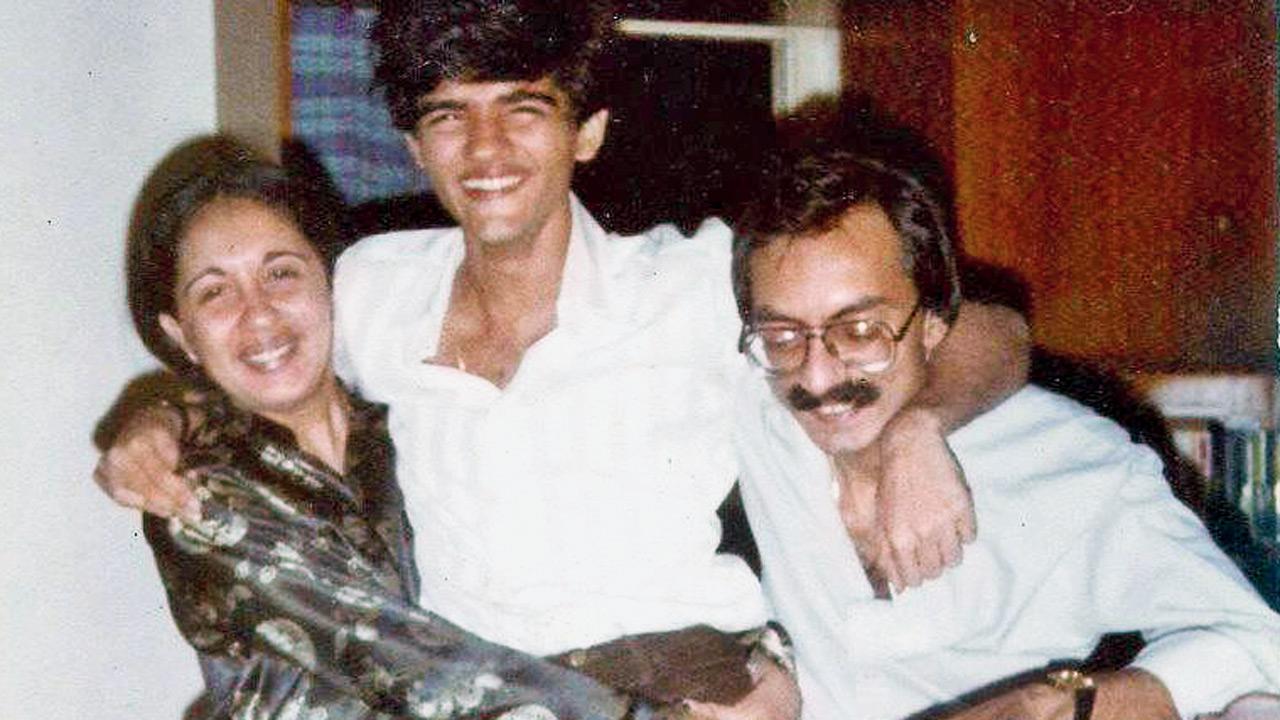
Munawar and Parvana Noorani with young Ehsaan
My mentor would definitely be my late uncle Munawar Noorani. I was already playing in a band in college, totally and passionately into music. Everyone goes through some confusion when it comes to choosing the path of education which will become one’s profession. I changed my mind many times, wanting to study graphic art, total design, architecture and of course business management. Munawar sat me down one day and said, “Let’s talk about your future. I think you should study music.” I asked, “Will there be security in that?” His answer was, “There’s no security in anything you do, you cannot predict what will work for you or not. This is your passion. Follow it and make it work for you.”
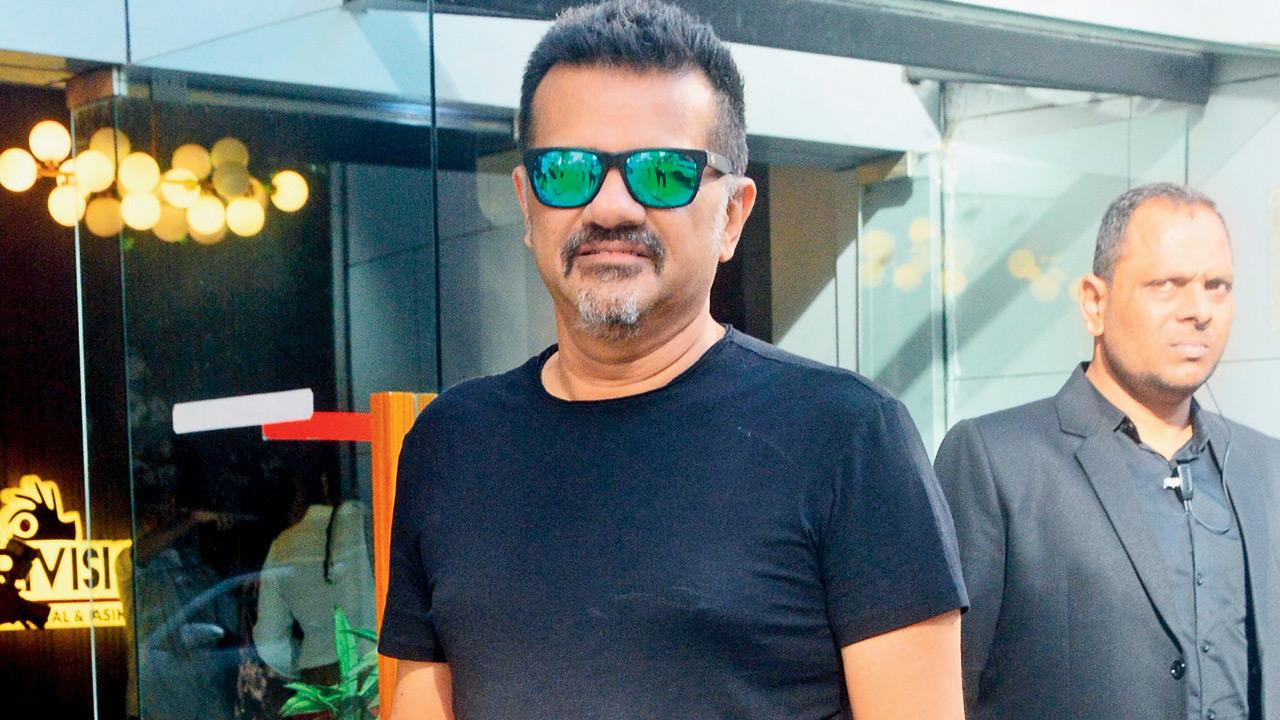
Ehsaan Noorani
That’s all I needed to hear. Two years later (I had to complete my BCom because Munawar said, “Once you start something, complete it”), I went to the Musicians Institute in Hollywood, California. The rest is history. Unfortunately, he passed away in 1999 and never saw my success. But it’s all thanks to him.
‘She led, she pushed, she opened doors’
Ratna Pathak Shah, Theatre & film actor
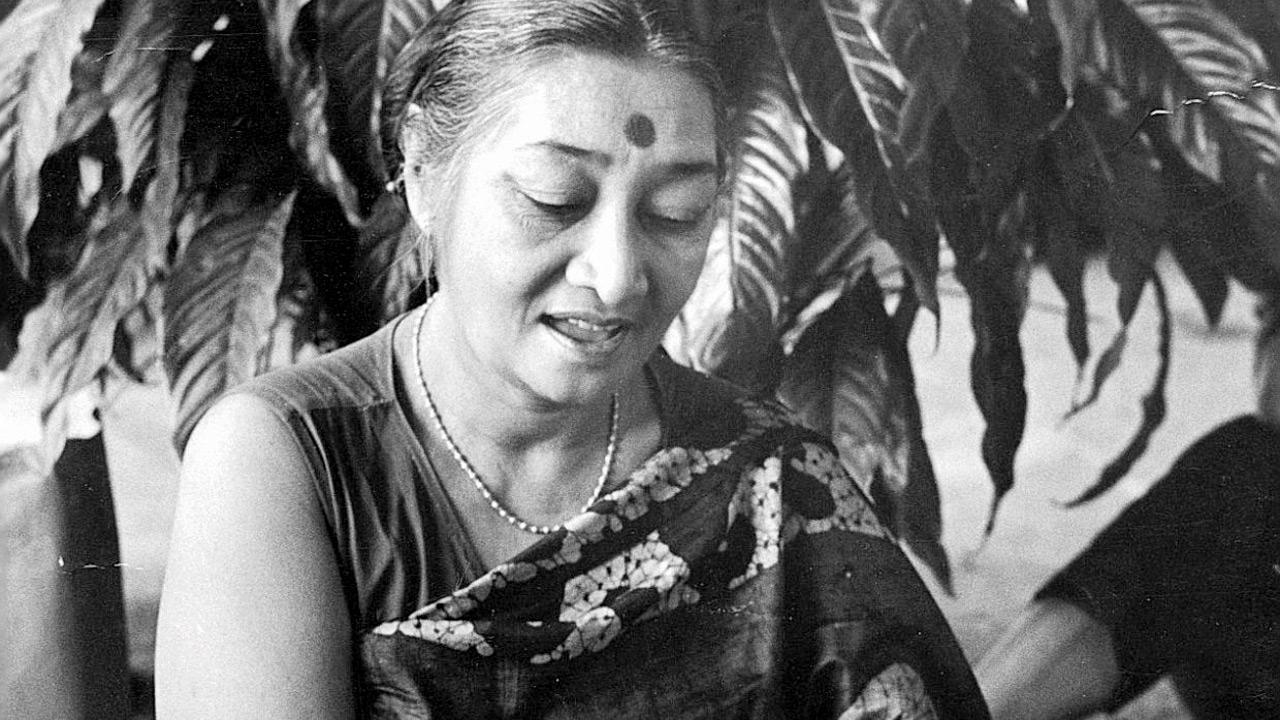
Shanta Gandhi
In the 1930s a young Gujarati girl resisted an early marriage, had her father disown her so that she could study medicine in London, got involved in politics, dance and theatre there, returned during the Independence struggle and continued to fight for a better India all her life. That was my aunt Shanta Gandhi – educationist, storyteller, playwright, director, provocateur, Director of Bal Bhavan – my first mentor.
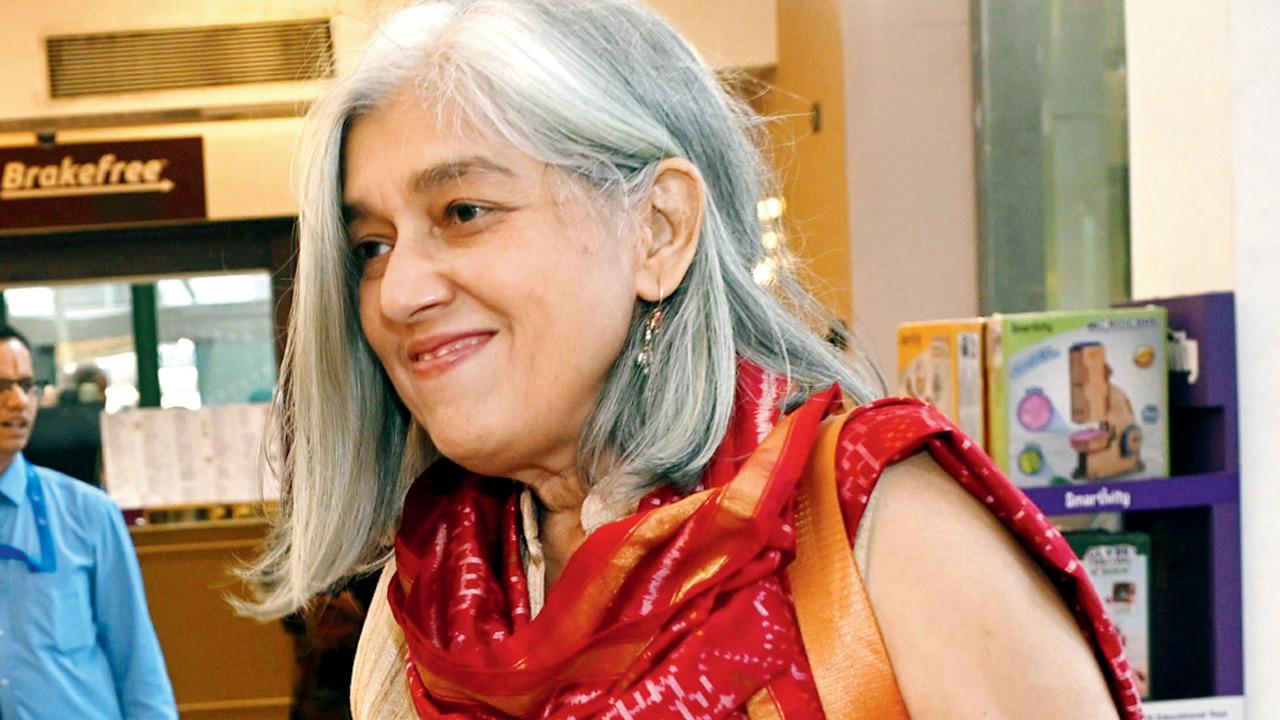
Ratna Pathak Shah
From her I learnt to perceive beauty everywhere: in blue Persian tiles on a tomb, the way the border of a sari meets the rest of it, the appreciation of folk songs, the relative merits of Bharat Muni’s Natyashastra and Aristotle’s Poetics… Very iconoclastic, she led, she pushed, she opened doors. She forced me into doing what I never thought I could. And then she set me free.
‘She read all my stories till she passed away’
CS Lakshmi (“Ambai”), Writer & founder of SPARROW (Sound and Picture Archives for Research on Women)
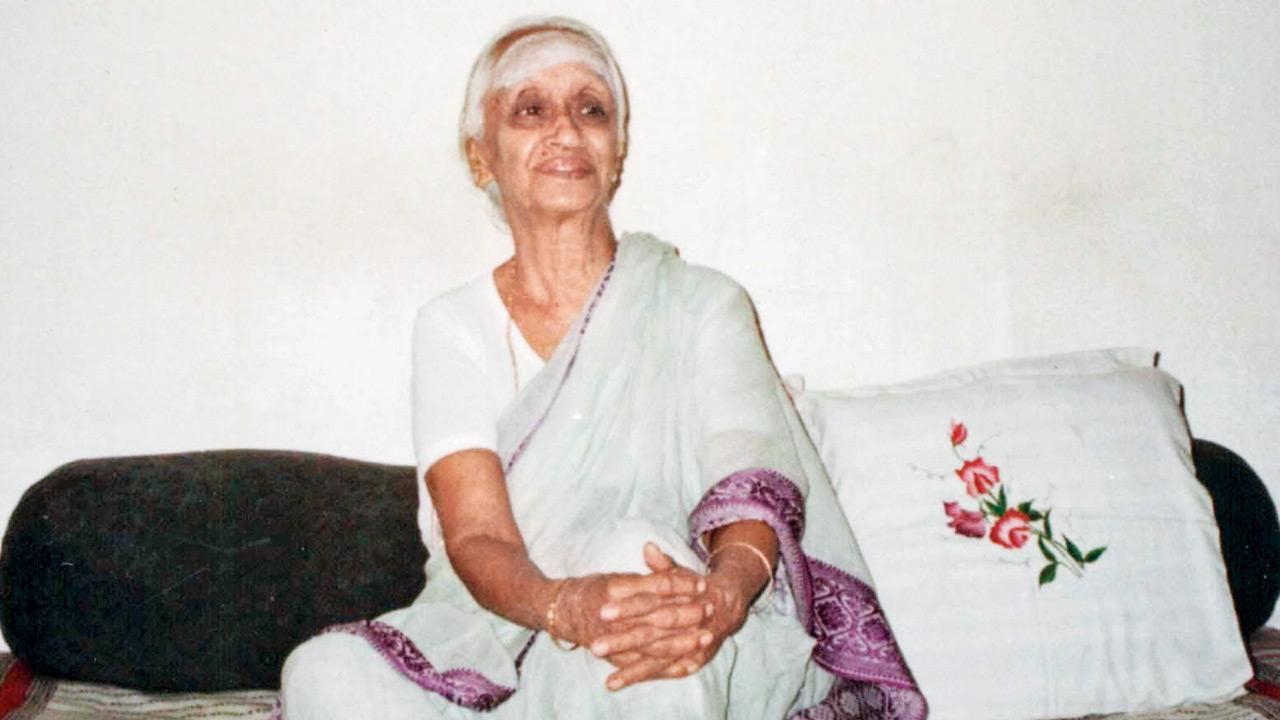
CV Alamelu
Alamelu taught me music early in life. When I was 11, she put me in a dance class, much against everyone in the extended family saying, “She is dark, not at all suited for dancing.” When I woke up early to study for exams, she was there making dosa or uthappam for me. She read stories I wrote as a teenager, appreciated them, even copied them out for me.
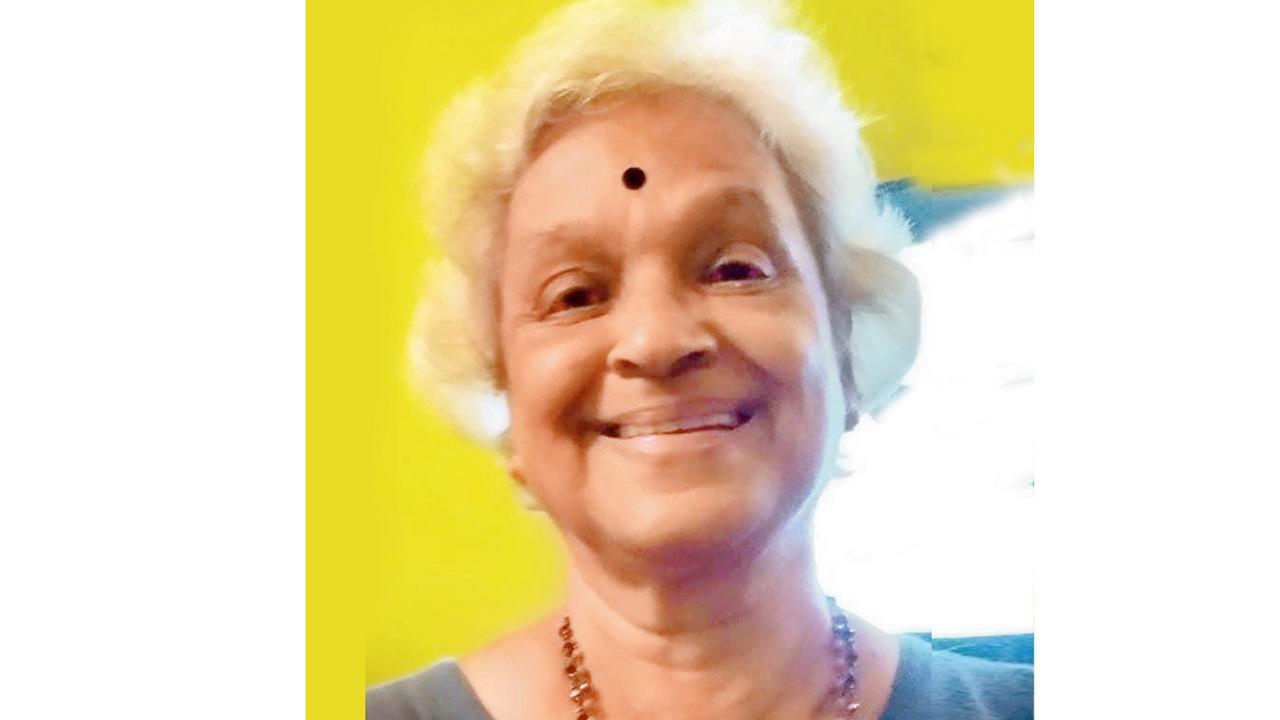
CS Lakshmi
When I decided to study in a different city, against my father’s wishes she pawned her jewels, took a gold loan from the bank and admitted me in the college of my choice. When I wanted to be a school teacher in a small town, she set up my house there. When I went to Delhi for my PhD, she put me on the train and told me everything was going to be fine.
When I married someone from another community, she prepared sweets to distribute to relatives who came criticising. She read all my stories till she passed away. She was always there for me. At the age of 80 now, I wake up sometimes in the morning talking to her. Alamelu was my mother.
‘He influenced my view of development’
Tara Sabavala, Social development professional
It was 1996. I entered for the first time the doors of the Sir Dorabji Tata Trust with both excitement and trepidation. Trepidation, because my predecessor was Suresh Suratwala, a quiet, understated Gandhian with 35 years of rural work experience at the grassroots and a well-known name in development circles. Impossible shoes to fill.
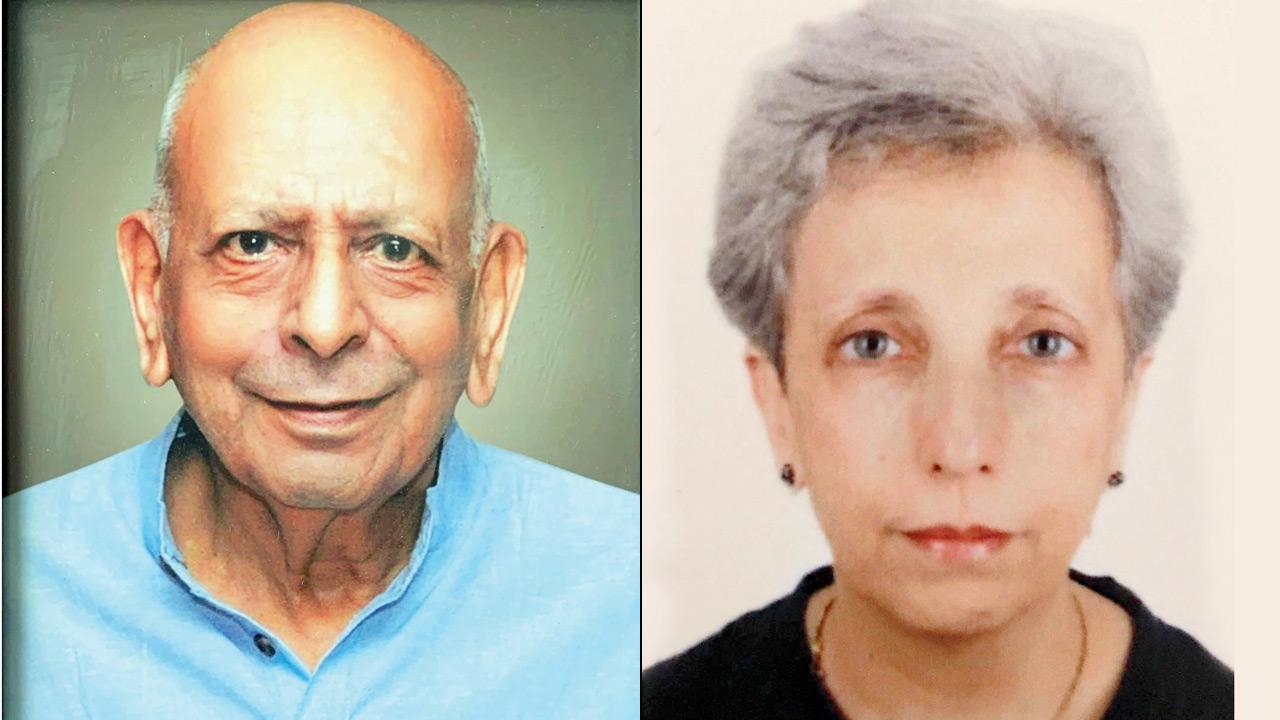 Suresh Suratwala and Tara Sabavala
Suresh Suratwala and Tara Sabavala
During our three-month handover, I found a mentor who significantly influenced my view of development. He saw it from the lens of quality of life and fraternity, not necessarily from the lens of enhanced income, which is the common practice. In the words of his book – The Paradox of Rural Development in India, The Devapur Experience – his belief was: “Fundamental inequalities in the social structure are the real issue, not poverty which is only a consequence of the former.”
Suresh Suratwala is no longer with us. But his reflective, sensitive approach to social development will make many of us who worked under his leadership at least ask the right question on “ …where we are going and where we should go, before we lose our swaraj,” as he quoted Dr Ambedkar cautioning us many decades ago.
‘Two Davids kick into my consciousness’
Rahul daCunha, Playwright & filmmaker
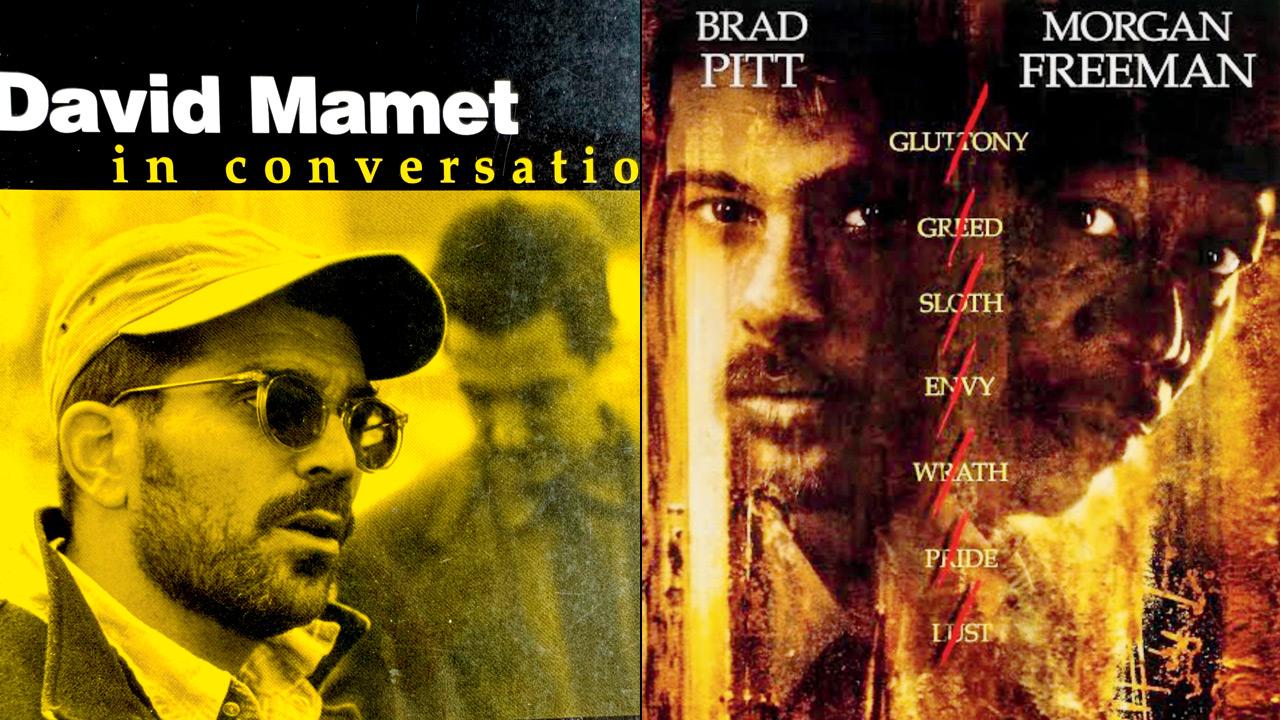
I have two mentors, two great influences in two parallel passions — theatre and cinema. Specifically, playwriting and screenplays. David Mamet and David Fincher. They are inspirations, with their work, their wizardry over their respective skill sets. The former is the playwright of such classics as Glengarry Glen Ross and Speed the Plow, the latter the director of Se7en and Fight Club.
David Mamet, an extraordinary dramatist, creates claustrophobia with his words. I’ve always tried to create characters speaking with the same kind of street-smart edge, where dialogues are weapons, seeking to poke, prod, pierce.
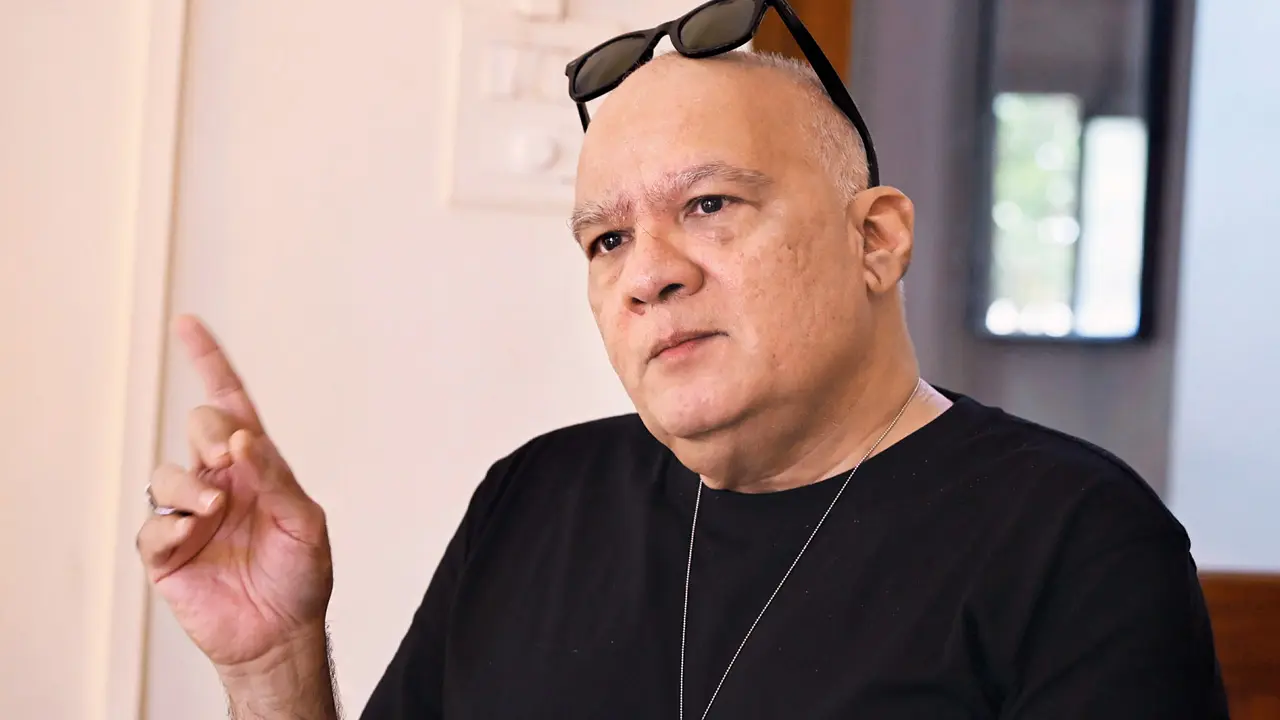
Rahul daCunha. PIC/ASHISH RAJE
David Fincher’s Se7en is my all-time top film. With Darius Khondji’s grim and grungy lighting which adds to Brad Pitt and Morgan Freeman’s performances, Fincher inhabits the worlds of the lonely, the broken. His city life is dark grey. Once again, my attempts at scene creation and mood in movie-making are influenced heavily by his sense of style.
Either way, when I embark on writing a play, the dialogue specifically, or the scenes in a screenplay, the two Davids kick into my consciousness — the snappiness of Mamet’s dialogue, laden with subtext, and Fincher’s dark worlds, where glamour meets grime.
‘He worked with every possible material’
Arzan Khambatta, Modernist sculptor
I never met my mentor. Having heard Adi Davierwalla’s name through my architect father (Rusi Khambatta) and architect-collector uncle, Dara Mistry, I was intrigued by a catalogue of his works for a retrospective in the ’70s. At my uncle’s home I loved his abstract pieces, especially the bronze called “Many-headed Hydra”. He worked with every possible material: carved wood, assembled wood, cast bronze, welded iron and welded scrap – which is how I got the idea to work in this last medium.
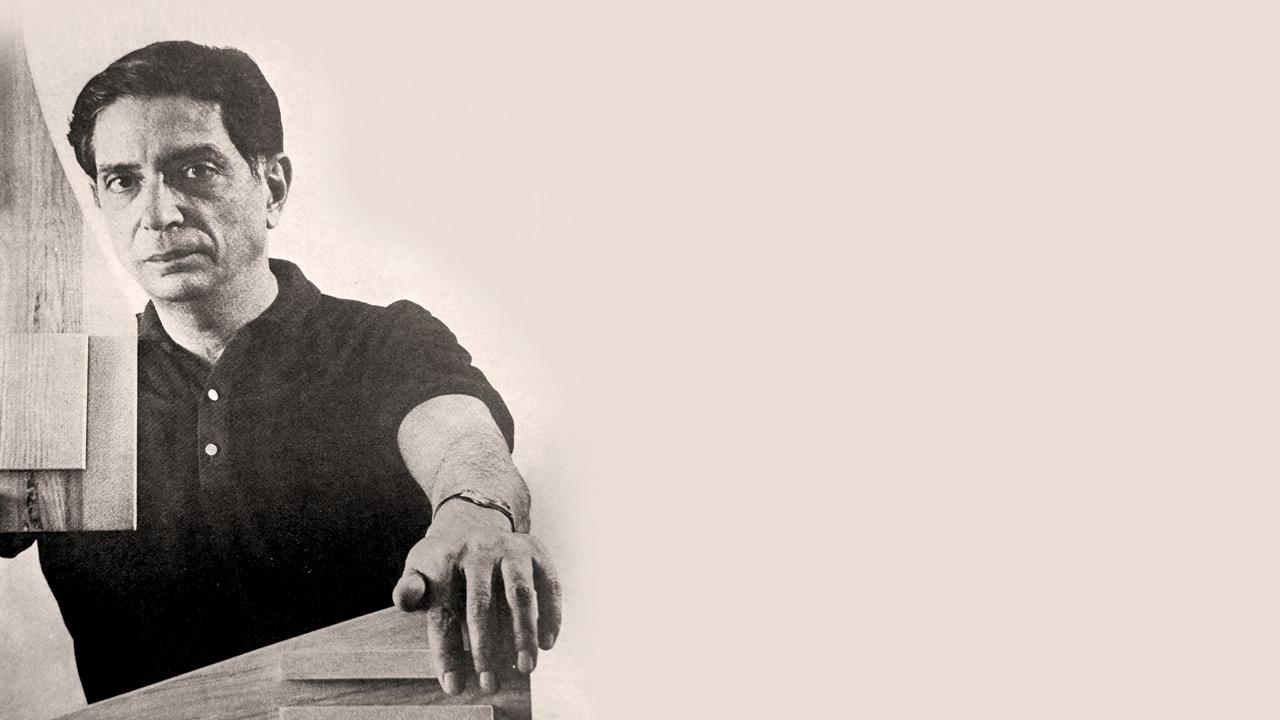
Adi Davierwalla
On finishing school, I attended Anand Mohan Naik’s summer art classes. He took us to the first floor of a place in Dadar. It happened to be the studio of Adi Davierwalla. He’d passed away. But his space was magical, with welded metal, half-finished sculptures, a welding machine, wood carving tools on a table with leftover shavings, his reading chair with a light and a semi-open book beside it, a board with white chalk sketches and written jottings. The smell of wood and metal everywhere, my eyes and mind were too. It felt as if I was required to pick up from there something left incomplete. That day itself I decided: this is what I want to do.
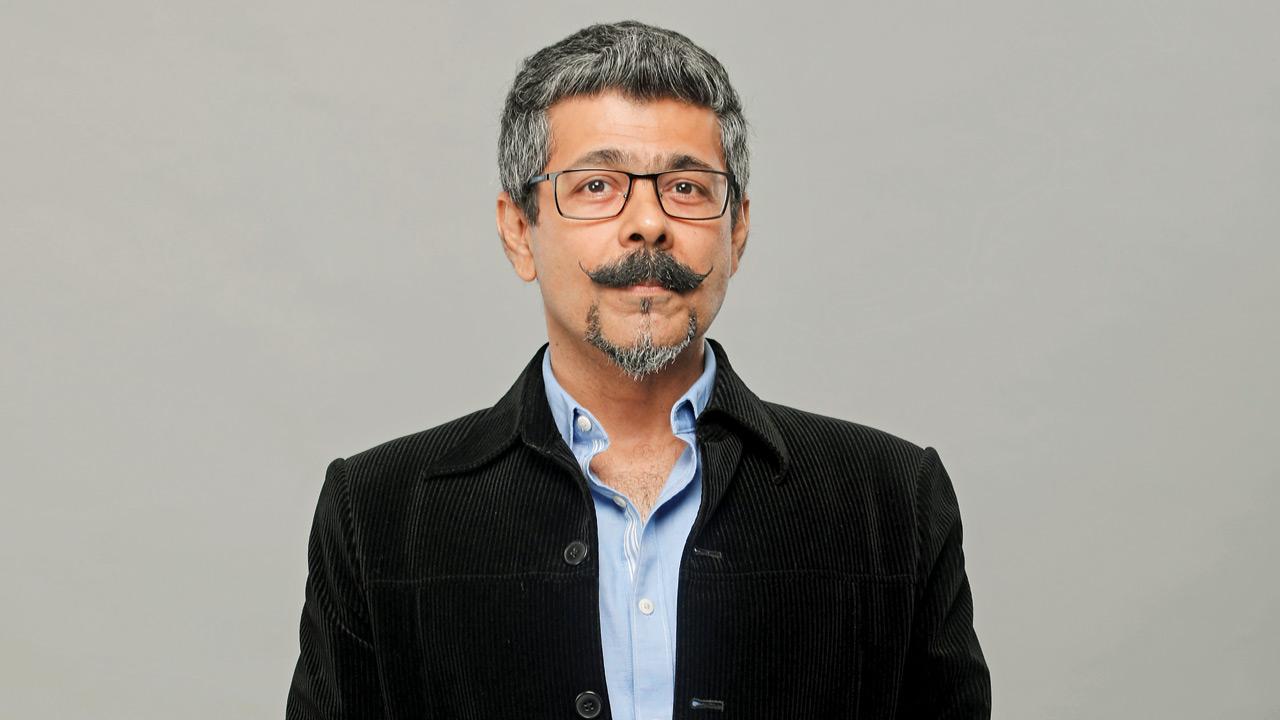
Arzan Khambatta
Going to Mahim to one of those rolling shutterwalas, I learnt welding, created things, progressed slowly. Till the day Dara Mistry said, “I have Adi’s tools, his work table, chair, his books. I want you to have them.” I do large pieces, multiple pieces, with workers. He fashioned everything with his own hands. Few artists do this today; some don’t even touch their work. Pilloo Pochkhanawala told me she definitely saw his influence in my work. My main work desk is Adi Davierwalla’s. My chisels are his, so are some tongs and other brilliant tools. They stay in my cabin, they’re that beautiful. And have the most meaning because he worked with these.
‘She was a true visionary’
Sonali Gandhi, Principal, Jamnabai Narsee School
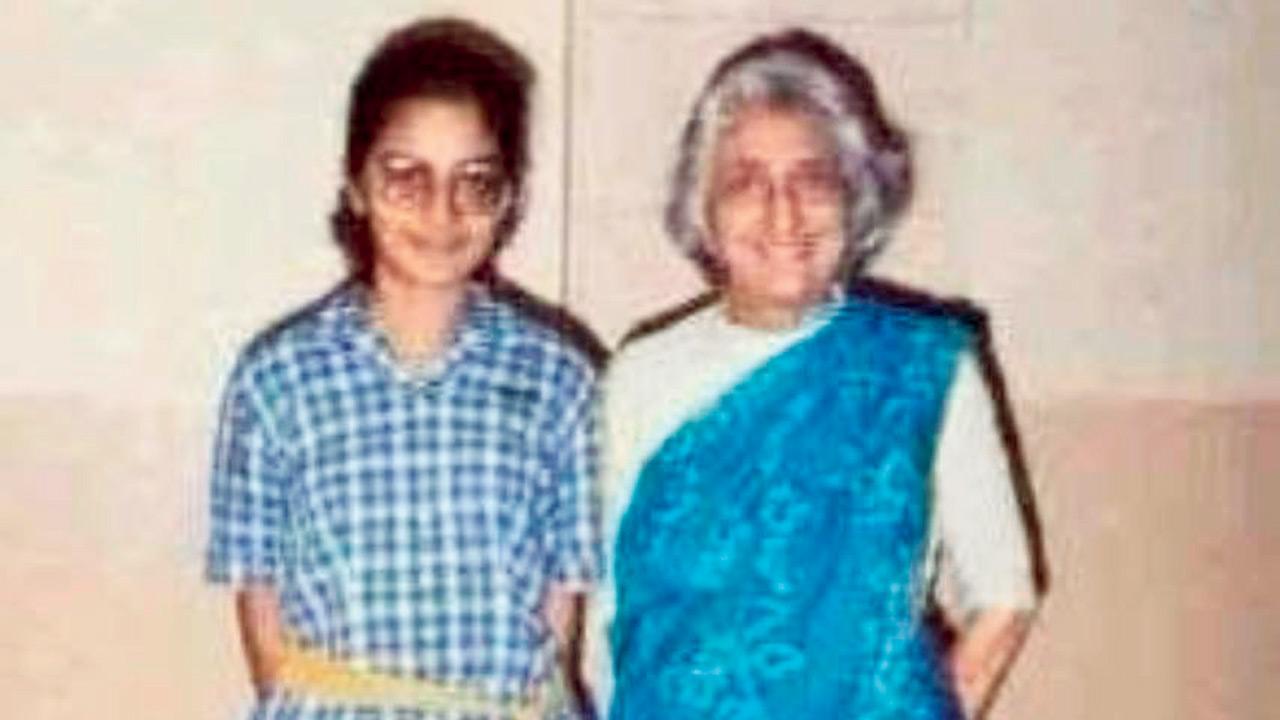
Dolat Doongaji with Sonali Gandhi on her last school assembly day, March 1991
My beloved mentor was a true visionary. In an age without the Internet, Dolat Doongaji – Founder Principal of New Activity School, Activity High School and Activity Infant School – broadened students’ horizons by teaching what she called “cultural history”. Her infectious enthusiasm and fascination with all things literary determined my life decisions.
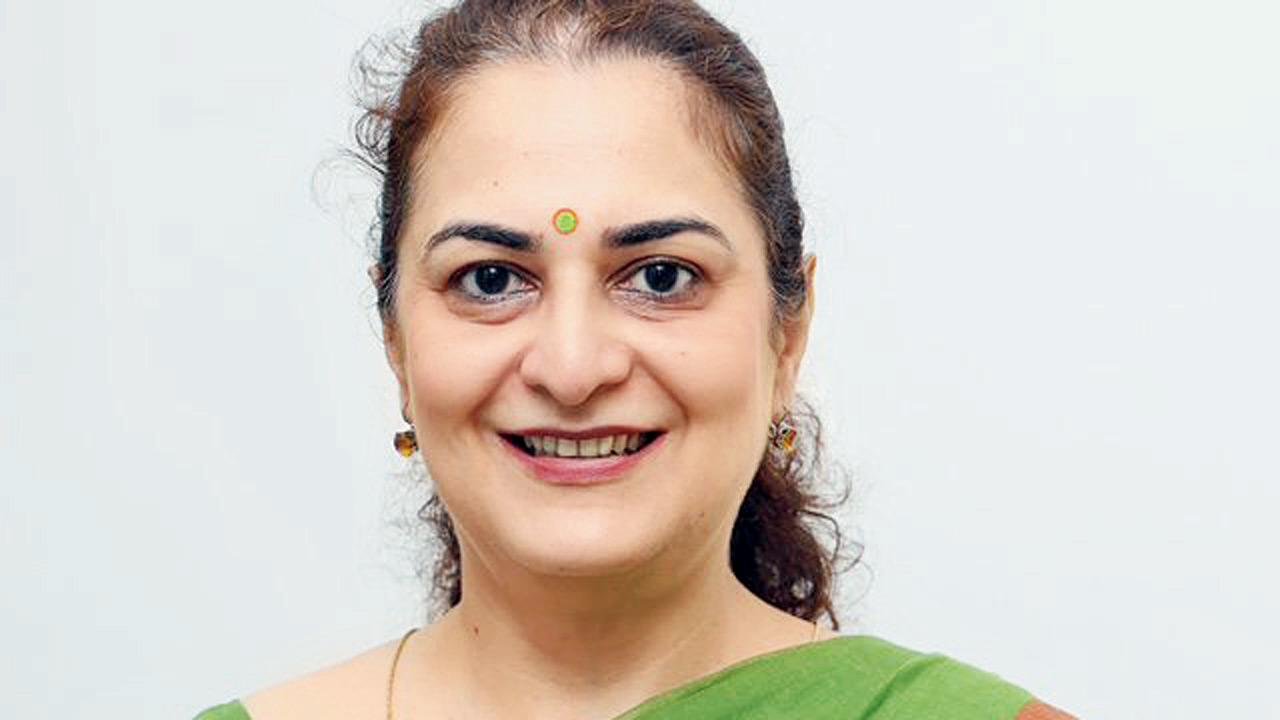
Sonali Gandhi
Wisdom, patience and passion are exemplary lessons she taught, creating in us a chronic thirst for knowledge and experience. She facilitated grand theatrical productions with attention to the smallest details. My love for reviewing films and books stems from the review competitions she encouraged. I remain grateful for the undeniable role she played in my growth into an educationist. The determined, constant potter at the wheel is remembered with reverence. The indelible impact she left on generations forms a rich legacy. Hers was not a death 13 years ago. It is immortality.
‘His voice guides my scalpel’
Mazda Turel, Consultant neurosurgeon
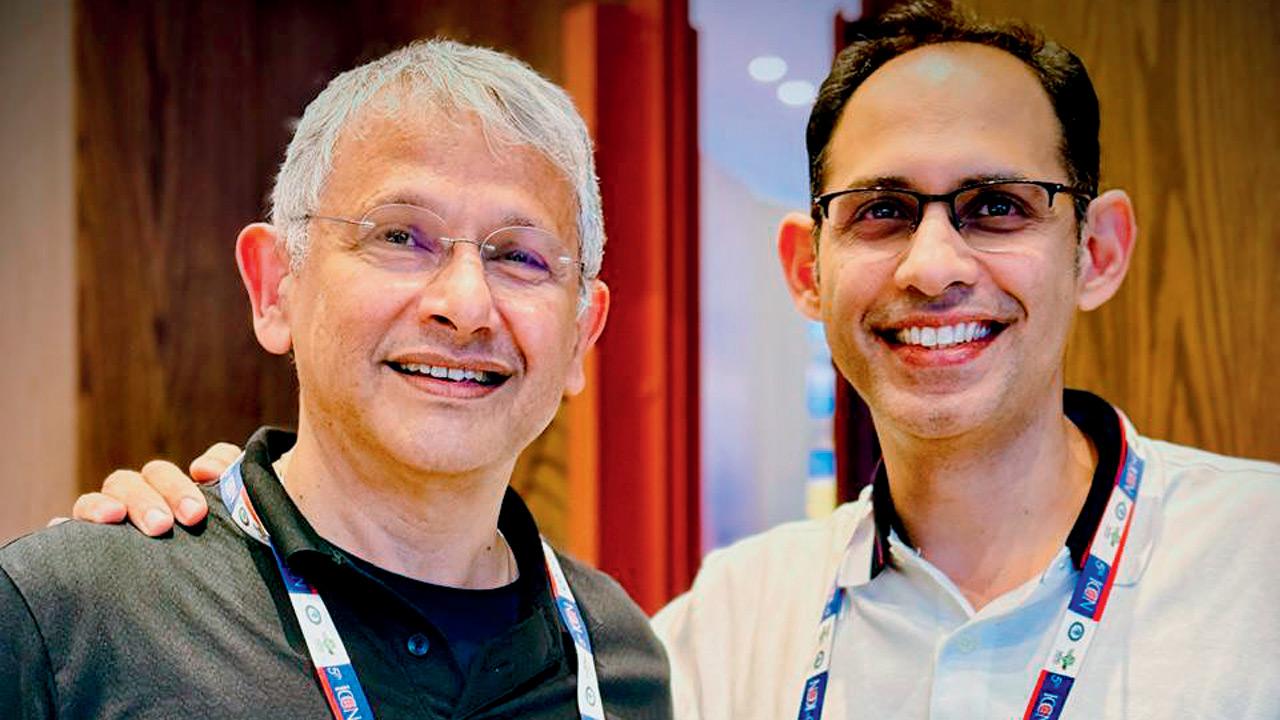
Dr Ari Chacko (left) and Dr Mazda Turel conferencing in Goa in March
Besides my father, I’ve had many teachers in surgery, but Dr Ari Chacko remains the one who moulded me most. He could turn the chaos of an operating room into a rock song, with a joke tucked between two life-saving manoeuvres. He taught me that the art of surgery isn’t just in cutting, but in knowing when not to cut and, more importantly, what not to cut.
Surgery with him was steady, disciplined, uncluttered. His forbearance with students, his gentle irreverence, his absolute loyalty to patients set a standard I still chase. If I did something silly, he’d quote his mother – “You have more luck than sense.” I still hear his voice guiding my scalpel.
‘She was everyone’s friend’
Irfan Pabaney, Consultant chef
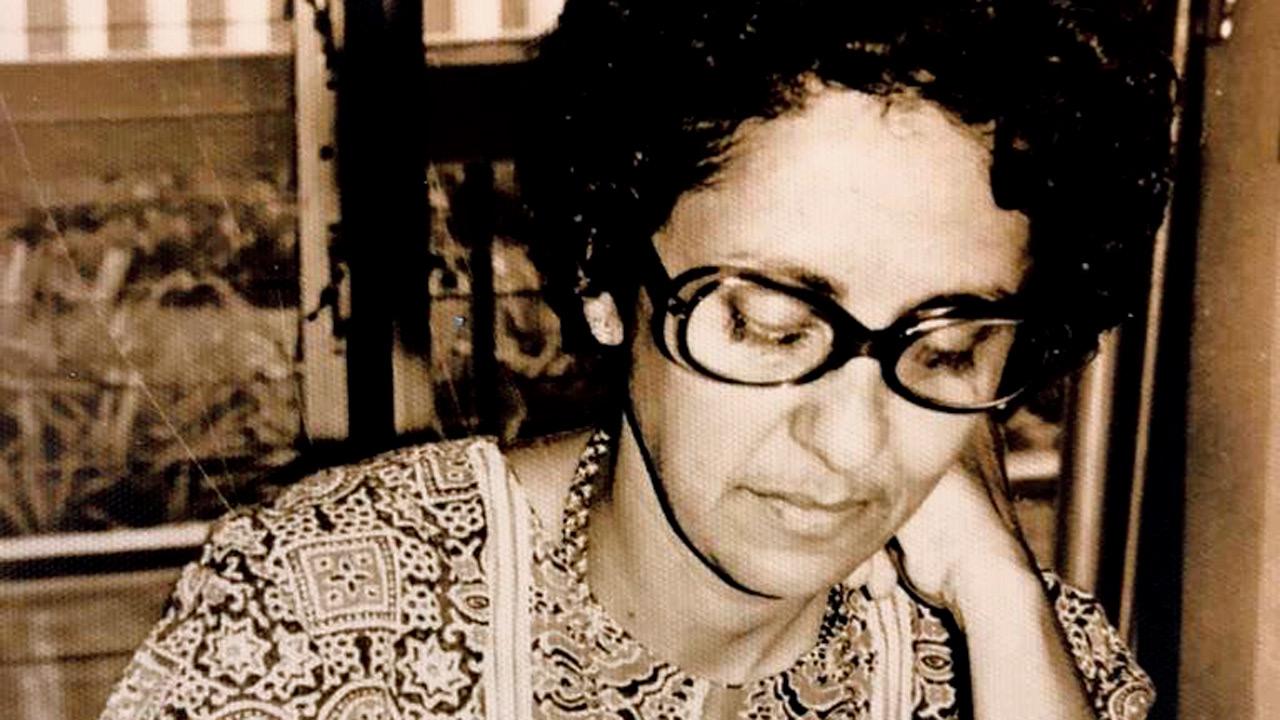
Raihana Pabaney
Cliched as it sounds, my mom Raihana was my real mentor. Dad being with the UN, we moved from South America to Central America and subsequently the Philippines — where I began cooking whenever mom travelled. I followed her faithfully into the kitchen, making fresh rice to go with curries she prepared before leaving.
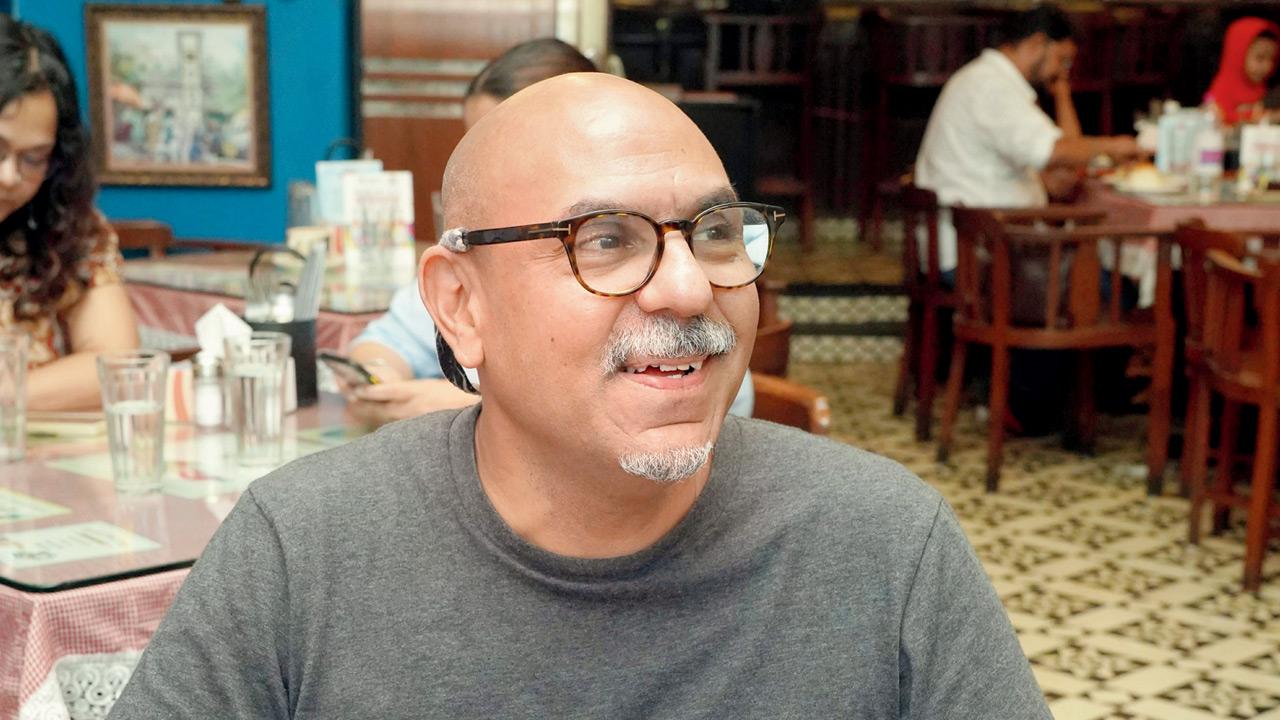
Irfan Pabaney
She was everyone’s friend. All my friends absolutely loved her, their “go to” with whom they shared stuff they couldn’t with anyone else. The husband of a close friend saw a photo of mom in her wallet and asked who that was. “Irfan’s mom,” she said. When he wanted to know why she carried it around, my friend said, “It’s hard to explain. You needed to have met her to understand why.”
Author-publisher Meher Marfatia writes fortnightly on everything that makes her love Mumbai and adore Bombay. You can reach her at meher.marfatia@mid-day.com/www.meher marfatia.com
This column will be back after a month.
 Subscribe today by clicking the link and stay updated with the latest news!" Click here!
Subscribe today by clicking the link and stay updated with the latest news!" Click here!



